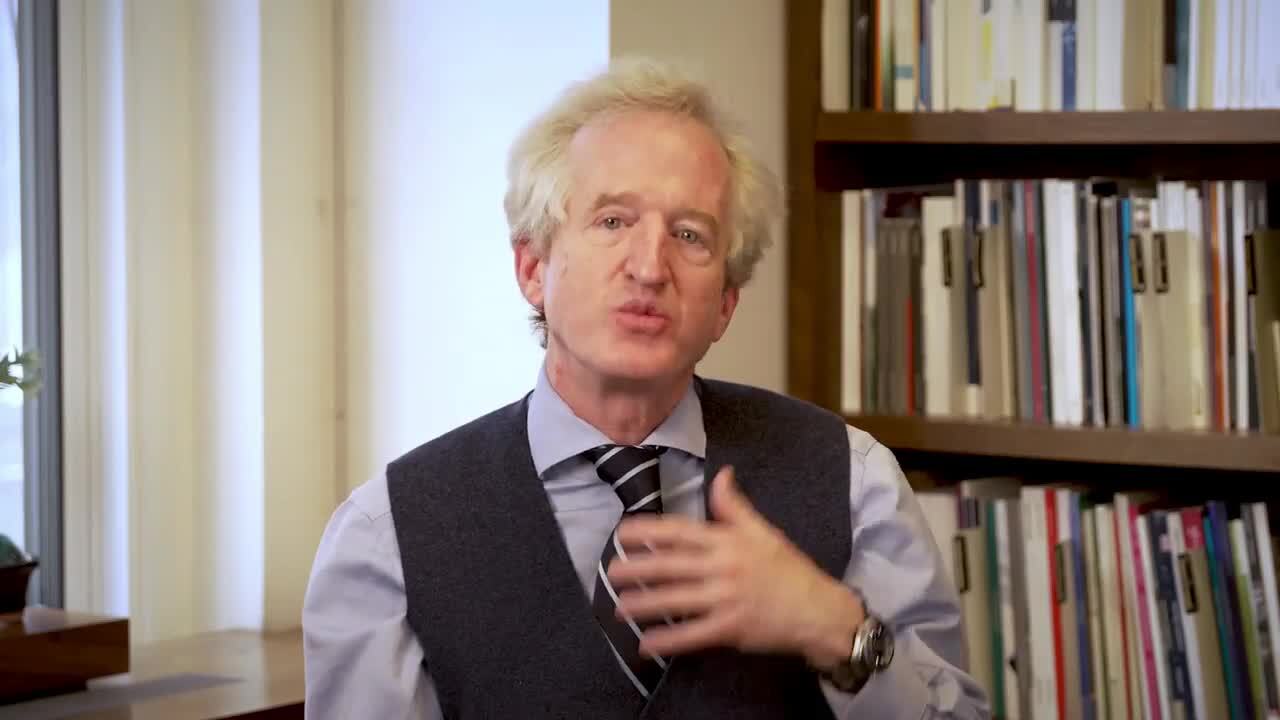In our view, what types of companies should be avoided, and which stand to benefit from the end of the easy money era
Transcript
| Speaker | Timestamp | Statement |
|---|---|---|
| Danton Goei: | We want to avoid companies and industries where safety is overvalued. Right now people are certainly afraid now. Suddenly they're looking for safety and they're willing often to overpay for those type of, and so those might be companies that have really high valuations where they think earnings are predictable, but growth is very, very slow. I don't care. I'm willing to pay a very high multiple for that. Those type of companies where you're starting at a 3, 4% earnings yield but very little growth going forward, that won't result in a very strong earnings return profile either. Certainly companies that require access to capital markets or have optimistic growth assumptions, and this last one here is, I like that phrasing, first rodeo cowboys, basically this idea is companies that have not been proven, the business models have not been proven, they've not been through different economic cycles, we know that there hasn't been a prolonged recession for quite a while now, and so a lot of companies are just not proven. I think you have to be very aware before investing in those type of companies. Then we think about where do you want to be? What do you want to own in this new environment where fundamentals matter, again, where profitability and cash flow matter? The first one I would say is resilient, not linear growth. What do we mean by that? It's basically we're looking for profitable companies. We don't mind some cyclicality within that as long as they are proven resilient companies that we know have done well over different kinds of markets and cycles. They have a strong asset and pricing power. Certainly free cash generation is strong. Their moats are wide. Anti-fragile. That's just the idea that they can take advantage of market turmoil and a difficult economy when others are falling by the wayside. That certainly includes our friends in Omaha with Berkshire, but also in the last regional banking crisis, we saw some of the large banks there being able to lean into that environment, and JP Morgan was certainly one of them where they were able to do deals just because they were able to, because they had the balance sheets and the market positions to do that and take advantage of distressed out there. Finally, also we would say experience proven management teams, hugely important. |
Related Videos
Investing through Volatility
PM Chris Davis on developing a mindset that allows you to tune out the daily drama and successfully build wealth.
The Danger of Overly Aggressive Growth Assumptions (1:30)
Why investors often overpay for the inflated growth projections of today's high flyers - taking on risk in the areas they see as safe
Share this Video
Click here for current fund holdings: DNYVF


